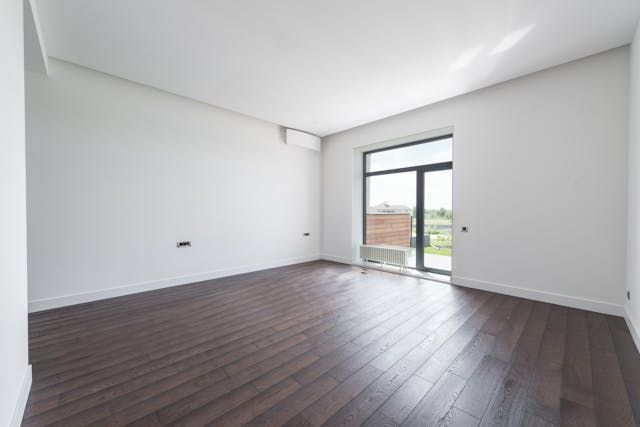Renovate or Rebuild? Assessing Long-Term ROI
When deciding between renovating or rebuilding a rental property, property owners must consider the impact on the property’s value and future returns. Both options present unique opportunities to enhance the property’s appeal, functionality, and profitability. By evaluating the potential return on investment (ROI), owners can make informed decisions that align with their financial objectives while optimizing tenant satisfaction and rental income.
The following key considerations can guide the decision-making process to maximize long-term ROI:
Property Condition Assessment
Begin by thoroughly inspecting the property to assess its current condition. Identify any structural issues, outdated systems, or extensive wear and tear that may affect safety and usability. If the property only requires minor upgrades or repairs, renovation may suffice. However, if there are significant issues, such as foundational damage or outdated layouts that hinder functionality, rebuilding may offer a more effective solution.
Market Demand and Tenant Preferences
Conduct research on local market trends to understand what tenants desire, such as modern kitchens, energy-efficient appliances, or open floor plans. If the existing layout or features cannot accommodate these preferences through renovations alone, rebuilding may be the more efficient route to achieving an updated, appealing design.
Cost Analysis
Renovations generally involve lower initial costs compared to rebuilding, but they may not always address underlying issues. While rebuilding is more expensive upfront, it can eliminate recurring maintenance costs and result in a brand-new property with contemporary amenities. A detailed cost analysis should include labor, materials, and potential loss of rental income during construction to determine the more cost-effective option in the long term.
Long-Term Maintenance Costs
Consider the long-term maintenance costs when deciding between renovation and rebuilding. Renovating an older property may offer immediate savings but could lead to higher ongoing maintenance costs as older systems and materials may require frequent repairs. In contrast, a newly rebuilt property with modern systems and materials is likely to have fewer maintenance needs over time. Factor in these long-term costs to determine which option offers a better ROI.
Permits and Zoning Regulations
Before deciding on renovation or rebuilding, review local building codes and zoning regulations. Some areas may restrict major structural changes or require specific permits for reconstruction. Ensuring compliance with these regulations is essential to avoid fines, delays, or complications during the project.
Potential for Increased Rental Value
Evaluate how each option would affect the property's rental potential. Renovations, such as upgrading appliances or refreshing interiors, can enhance the property's appeal and allow for higher rent. Rebuilding offers the opportunity to completely redesign the space, potentially incorporating modern layouts and added features that attract higher-paying tenants.
Timeframe for Completion
The time required for completion is an important consideration. Renovations typically take less time but may involve multiple phases, which could disrupt rental operations. Rebuilding, while often more time-consuming, could result in a fully redesigned property with fewer disruptions in the long term. Assess the total project timeline to determine which option aligns better with your financial goals and minimizes tenant disruption.
By carefully weighing these factors, property owners can make a more informed decision about whether to renovate or rebuild, ensuring the choice provides the best return on investment and enhances the overall value of the property.
For more information about rental property management in Killeen, TX, visit Hunter Rentals & Sales at 3207 E Stan Schlueter Lp, Killeen TX 76542, United States, or call (254) 634-3311. You can also visit www.hunterrentals.com and connect on Facebook and Instagram for the latest updates.







